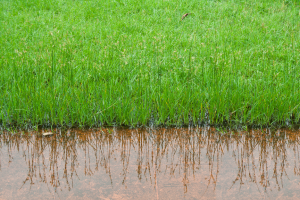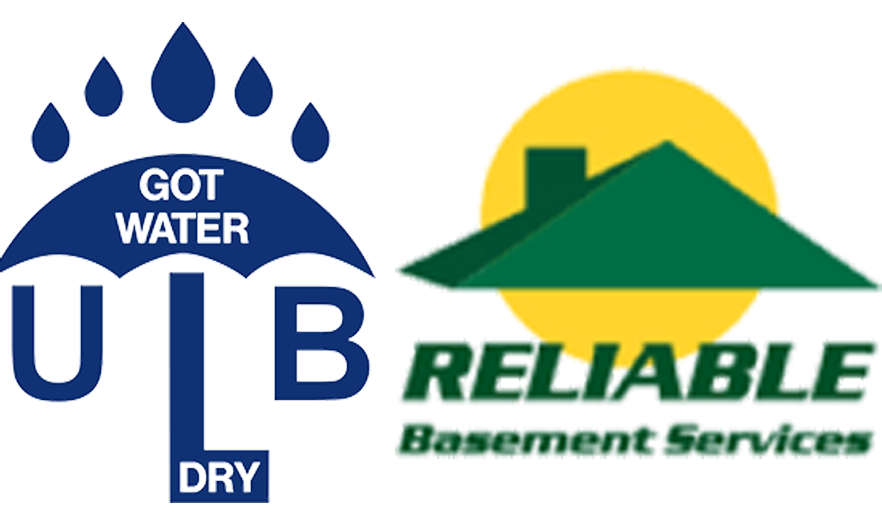
If you own a home in the Glenview area, then you’re likely aware that there are several different ways to waterproof a basement. That said, the more methods you use, the better chance your basement has of staying dry.
Are you hoping to have an effective basement waterproofing system installed? Interested in learning about what’s available? If so, you’ve come to the right place. This basement waterproofing contractor in Glenview, Illinois is going to review some of the most popular options below.
Drain Tile Installation
One effective way to waterproof your basement is to install drain tiles. These are pipes that are buried underground near a home. Their role is to redirect groundwater so that it doesn’t end up against the side of the home’s foundation. It instead ends up out into the yard, far away from the base of the home.
In doing this, drain tiles help reduce hydrostatic pressure against the home’s foundation. This lessens the risk of foundational cracking, and therefore, helps prevent groundwater from making its way into the basement.
These alone can go a long way in improving a home’s basement waterproofing system. However, most basement waterproofing contractors in Glenview, Illinois recommend using them in tandem with other basement waterproofing entities.
Sump Pump Installation
Up next is the sump pump. A sump pump works by actively pumping groundwater away from a home’s foundation. It sits inside of a hole known as a ‘sump pit’. This pit serves as an access point for groundwater, and it allows the pump to detect groundwater levels. Once levels have gotten too high, the pump starts up and lowers these water levels.
This is not the only active form of basement waterproofing in existence. That said, it’s also the most strongly recommended form of basement waterproofing. By having a sump pump properly installed by a basement waterproofing contractor in Glenview, Illinois, you’ll significantly reduce the risk of flooding. You’ll also protect your foundation, making it less susceptible to cracking.
Yard Grading
Is your home located at the bottom of a hill? If so, it could be ultra-prone to foundational water buildup. With these types of properties, groundwater often rolls down the side of the hill and comes to rest at your home’s foundation.
This is an issue, as accumulating groundwater puts more and more hydrostatic pressure on the home’s foundation. This heightens the risk of foundational cracking, and therefore, it increases the risk of basement flooding as well.
Fortunately, there’s a solution: yard grading. This is when soil is shifted from point A to point B so that the ground is more level. When the ground is more level, less water will be able to pool around the home’s foundation, which reduces the risk of basement flooding.
Downspout Extension Installation
One last thing you can do is install downspout extensions. These are essentially tubes that fit on the ends of downspouts. They serve to lengthen the downspouts, thereby ensuring that roof water empties further away from the home’s foundation.
The further the roof water empties away from the home’s foundation, the less hydrostatic pressure the foundation will take on. The less pressure it takes on, the less it will crack, and the less basement flooding there will be.
These are just a small piece of the basement waterproofing puzzle. However, they can make a world of difference at the end of the day.
Looking for a Basement Waterproofing Contractor in Glenview, Illinois?
Are you ready to implement any of the basement waterproofing solutions mentioned above? If so, and if you’re ready to partner with the most trusted basement waterproofing contractor in Glenview, Illinois, look no further than ULB-DRY Waterproofing.
We provide all the services discussed above, and we have installed them in countless properties throughout the Glenview area. Regardless of the needs of your property, we can get the job done right. Contact us today to review your options.





